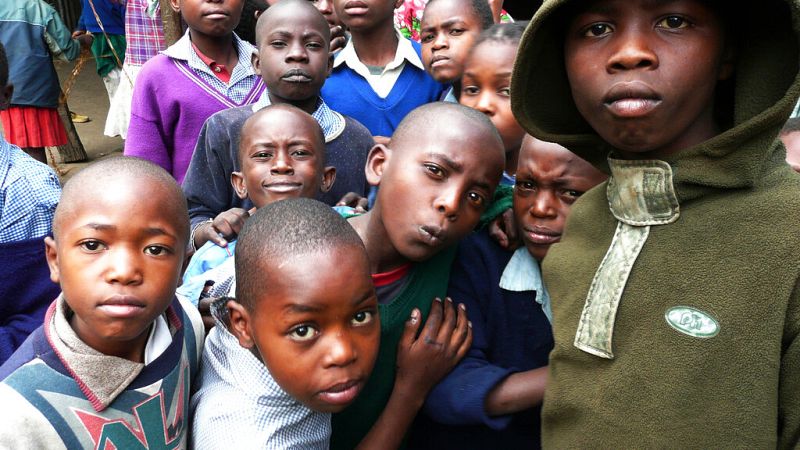Disability summit pledges greater inclusion in education in crises situations

In Central African Republic, 11-year-old Dieu Fera is one of the lucky ones. He is blind but is able to attend school.
“I come to school to learn to read and write. I want to become a teacher so that I can teach blind children,” he says.
Sadly, millions of children across the world are being denied their right to quality education, because of conflicts and emergencies, and numerous other factors.
But those with disabilities face even greater barriers to attending school, making up nearly one in five of all out-of-school children in crisis contexts.
In addition, they are often doubly disadvantaged.
They not only face stigma and discrimination, but are also hampered by the lack of accessible facilities and specialised support when they do manage to attend school.
Now, delegates at the Education Cannot Wait Global Disability Summit taking place from 2-3 April in the German capital, Berlin, have announced key pledges to prioritise more inclusive education.
They have committed to integrating disability inclusion into all aspects of schooling in emergencies and protracted crises.
This includes supporting targeted interventions, as well as strengthening data collection on disability inclusion.
In doing so, they are working towards a future in which no child, regardless of their abilities, is left behind.
The 2025 Global Disability Summit is hosted by the governments of Germany and Jordan, and the International Disability Alliance.
Today

